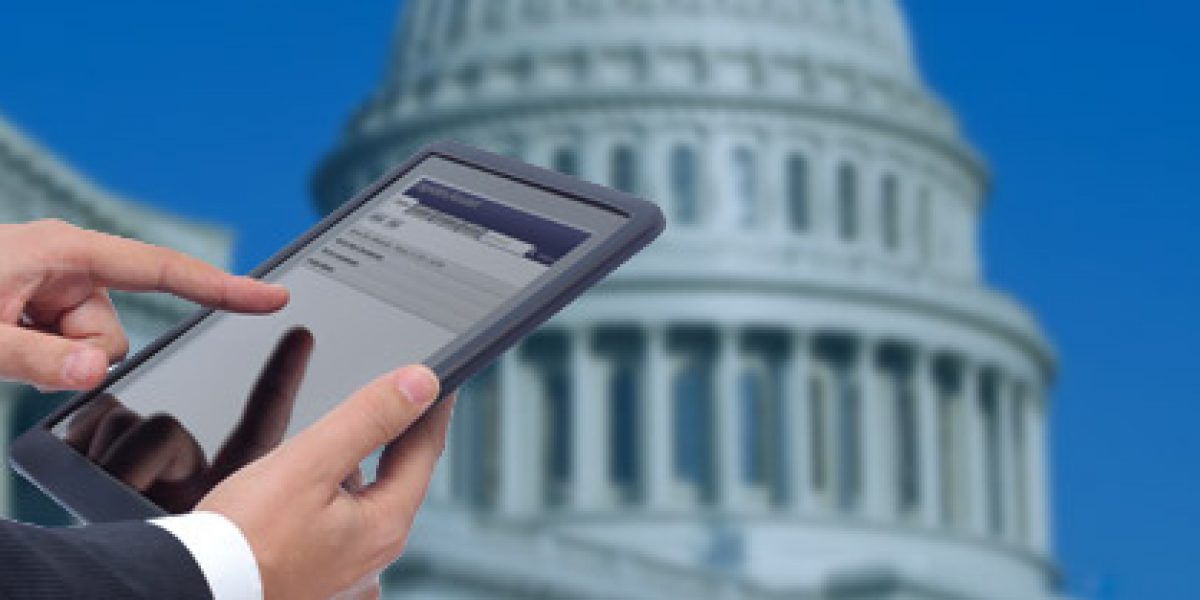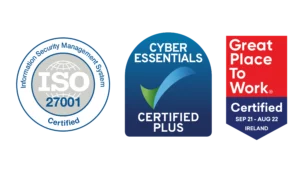We live in a world filled with non-stop noise. The media dominates our lives in a way that often means we’re passively watching, instead of actively engaging with, matters that affect our day-to-day lives. Because of this, we can overlook the life-changing work going on inside statehouses and parliaments around the globe and fail to make our voices heard when it comes to the important decision-making that has a significant impact on us, our families, and our future.
Passive spectators
This is a problem — and one that has manifested itself in recent times, most noticeably in the growing number of people who are losing faith in government institutions and what they represent. People have become disillusioned by what they perceive as lack of action by legislators to help improve society and, as a result, don’t feel motivated to vote. Engaging citizens in the legislative process is a crucial matter that brings about advocacy and benefits society as a whole. Without engaged citizens, the whole foundation that legislation is built on begins to crumble. Take the growing number of young voters who don’t align with any major party, for example. The long-lasting impact of this will begin to be seen in the coming years as more independents are elected and the challenges involved in reaching legislative consensus grow.
Without engaged citizens, the whole foundation that legislation is built on begins to crumble.
Improving visibility and transparency
One of the frustrations that many people who are disenfranchised from government have is that they can’t see the processes that lead to laws coming into effect. In the past, this was a very manual task: if you wanted to understand where in the process a bill was and what was happening to it, you would visit your local statehouse or a representative to find out. Nowadays, many people aren’t even sure who their representatives are. This makes it unnecessarily difficult and inconvenient to engage in important legislative matters in a world where answers to most questions are available in micro-seconds at the click of a button. Without this visibility and transparency, people simply don’t have access to the information they want when they want it, and this can lead to feeling isolated from the entire evolution of a bill passing into law. It puts a needless distance between citizens and legislative processes.
Dissolving barriers
One way of reducing this barrier and engaging citizens in a non-partisan way is through the legislative website. The easier we make it for citizens to understand what is happening in statehouses, the more likely they are to engage on legislative issues and feel more part of the process. The Internet has created the perfect opportunity to make this information readily and freely accessible to everyone.
Inspiring change
Imagine a simple website that you visit from your computer, tablet, or phone that provides you with a list of the bills that are currently in process, at what stage they are at, what the next action on them is, and when that is happening. With information like that delivered straight to your screen, would you take a few minutes of your day to look at it and stay updated, just as you might with any other news site? You wouldn’t be alone.

Empowering people to take action
As citizens, when it comes to playing a part in the legislative process, it is both reassuring and empowering to know that the information you want and need lies at your fingertips. It allows you to engage and take action in a positive way. The legislative process is strengthened by citizen engagement, and the Internet provides a crucial link for citizens to access that process. It is time to bridge the gap between the two.

